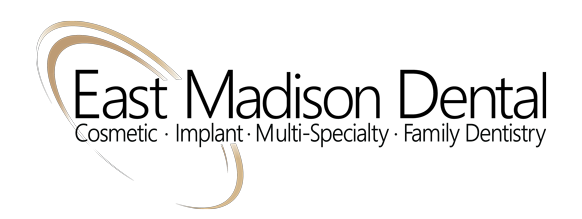750+
5-Star Reviews
200+
Years of Combined Experience
90+
Dental Awards

Experiencing an Emergency?
Contact us right away when your dental emergency strikes. We offer fast, effective, same-day appointments and after-hours urgent care!
Our Locations
You can expect the same state-of-the-art care and comfortable convenience at each of our three New Jersey office locations.
Dumont
79 East Madison AveDumont, NJ 07628
Englewood
460 Engle StEnglewood, NJ 07631
Tenafly
101 Piermont RdTenafly, NJ 07670

Welcome to East Madison Dental
We offer multi-speciality dentistry for all ages, with comprehensive dentistry solutions that can meet all your needs in one place! Our northern New Jersey dental team offers advanced expertise, modern conveniences, and comforting amenities to provide an unmatched experience at every visit.






